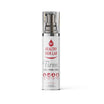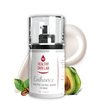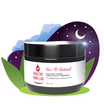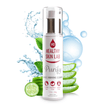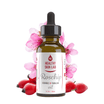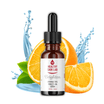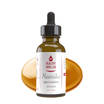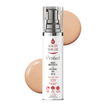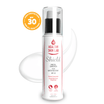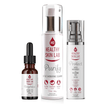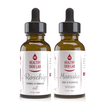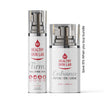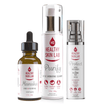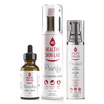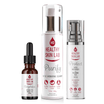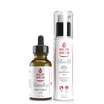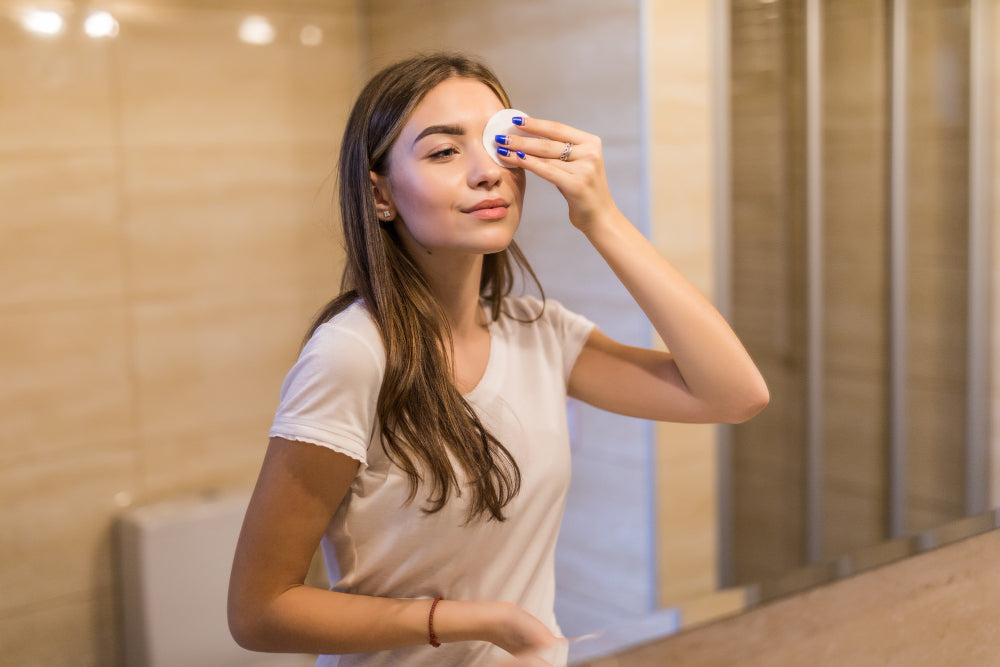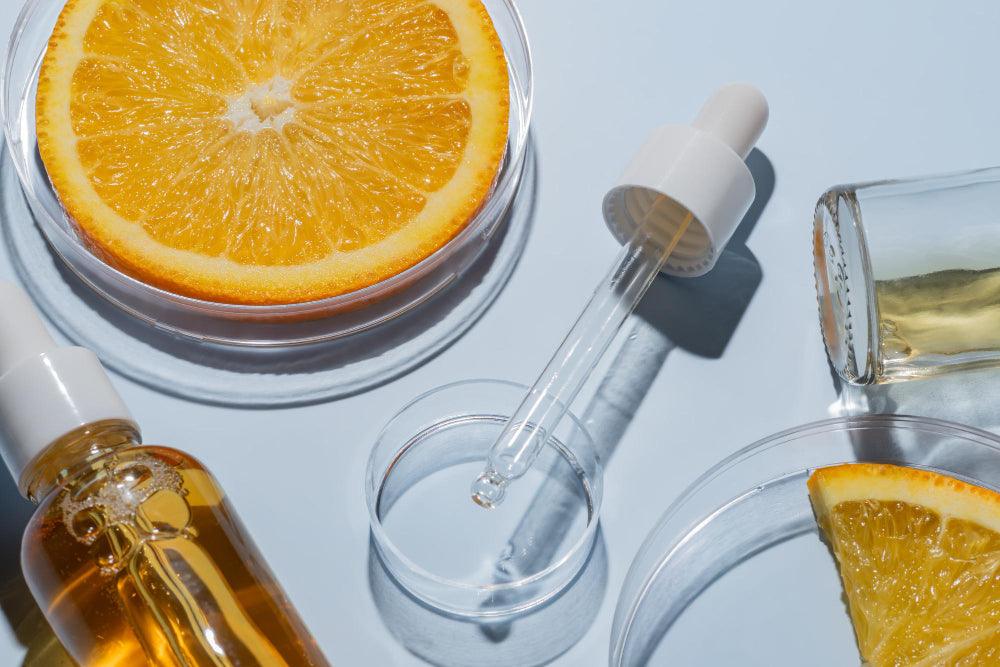So, you're basking in the glorious sunshine, diligently applying sunscreen to shield your skin from those UV rays, when suddenly – bam! – You find sunscreen in your eyes.
How to get sunscreen out of your eyes? Rinse eyes with cold water immediately. Gently wipe the affected area with a clean, soft cloth. Avoid rubbing and consult an eye doctor if irritation persists. And next time, be very careful while applying it!
We've all wondered, "What in the world do I do now?" Fear not, fellow sun-seekers, for we bring you a complete guide on relieving sunscreen in your eyes, straight from the wisdom of native American traditions.
The Stinging Dilemma: Sunscreen in Your Eyes

Picture this: You're in the midst of a beautiful day, your skin generously coated in sunscreen for that golden, sun-kissed glow. But, uh-oh! A sneaky gust of wind or a sudden movement, and voila – you've got sunscreen in your eyes. The stinging sensation kicks in, and you're left wondering how to navigate this unexpected hurdle.
Why Does Sunscreen Make Your Eyes Water?
Before we delve into the remedies, let's address the burning question: why on earth does sunscreen make your eyes water?
Well, sunscreen contains active ingredients like zinc oxide or avobenzone, and when these make contact with your eyes, they can irritate the sensitive tissues and burn your eyes. Add sweat, water, or accidental rubbing, and you have a recipe for that unpleasant stinging sensation.
Quick Action: What to Do if You Get Sunscreen in Your Eyes?

If sunscreen accidentally gets into your eyes, follow these steps:
1. Stay Calm – Blink it Out
The first instinct when something goes into our eyes is to panic. But here's the thing – blinking is your eye's natural defense mechanism. So, take a deep breath, blink repeatedly, and let your eyes flush out the unwanted intruder.
2. Immediate Rinse with Cold Water
Head over to the nearest water source – be it a sink, a fountain, or even a water bottle. Gently but quickly flush your eyes with cold water for at least 15 seconds. Tilt your head back, open your eyes, and let the water flow over them for at least 15 seconds.
(This helps wash away the sunscreen particles and calms any irritation.)
3. Gentle Wiping
After rinsing, gently wipe the affected area with a clean, soft cloth. Ensure the cloth is free from any residual sunscreen. Be cautious not to rub vigorously, as this may exacerbate irritation.
4. Use Artificial Tears
If the stinging persists, reach for a bottle of artificial tears. These lubricating eye drops can provide relief by flushing out the remaining sunscreen particles and calming any irritation.
5. Caution and Consultation
Avoid rubbing your eyes because it can worsen the irritation. If discomfort persists or there's redness, swelling, or persistent stinging, it's advisable to consult an eye doctor for further guidance and examination.
Natural Remedies to Relieve Sunscreen in Eyes

Now that you know what to do when you get sunscreen in your eyes, it's good to know the simple ways to relieve it.
1. Cool Cucumber Slices
The native American ancestors believed in harnessing the power of nature. Grab a chilled cucumber from the fridge, slice it up, and place the cool slices over your closed eyes. The cucumber's hydrating properties can help ease the discomfort.
2. Chamomile Tea Compress
Brew a cup of chamomile tea. Allow it to cool, then use a clean cloth to compress your closed eyes. Chamomile is known for its unique anti-inflammatory properties and can aid in soothing irritated eyes.
Sunscreen Burn No More: Prevention Tips

1. Mind the Wind
Alongside always buying a quality SPF 30 shield sunscreen, be mindful of the direction of the wind while applying it. Shield your face with your hand or find a more sheltered spot to avoid a sunscreen-in-the-eyes scenario.
2. Apply Sunscreen Carefully
Take a moment to apply sunscreen with precision. Use your fingertips, avoid over-application, and steer clear of rubbing your eyes immediately afterward.
3. Opt for Eye-Friendly Formulas
Consider using sunscreens specifically formulated for sensitive skin or those labeled as "tear-free." These formulations are designed to minimize irritation to the eyes.
Not wearing sunscreen has its own adverse results, but most of us who do so do it with care. If it occurs, then dealing with sunscreen in your eyes is simple, but the best practice is not to let it happen.
In Conclusion: Sun-Kissed, Not Sunscreen-Stricken
Getting sunscreen in your eyes is an inevitable hiccup in our quest for sun-kissed glory. But armed with the wisdom of native American remedies and modern prevention tips, you can navigate the stinging sensation gracefully.
So, embrace the sunshine, and let your eyes sparkle – sunscreen-free! And remember, the journey to a golden glow should be as kind to your eyes as it is to your skin.
Also read:

